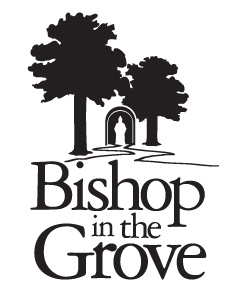Tag: Religious Studies
-

What do we want from our Pagan leaders?
In this last week of post-Pantheacon decompression, I’ve discovered a few things about myself. First, as much as I am invested in my online work, either through blogging or social networking, nothing compares to real-life, skin and sweat, handshakes and hugs interaction. You can imagine all you want about how great it would feel to dance, […]
